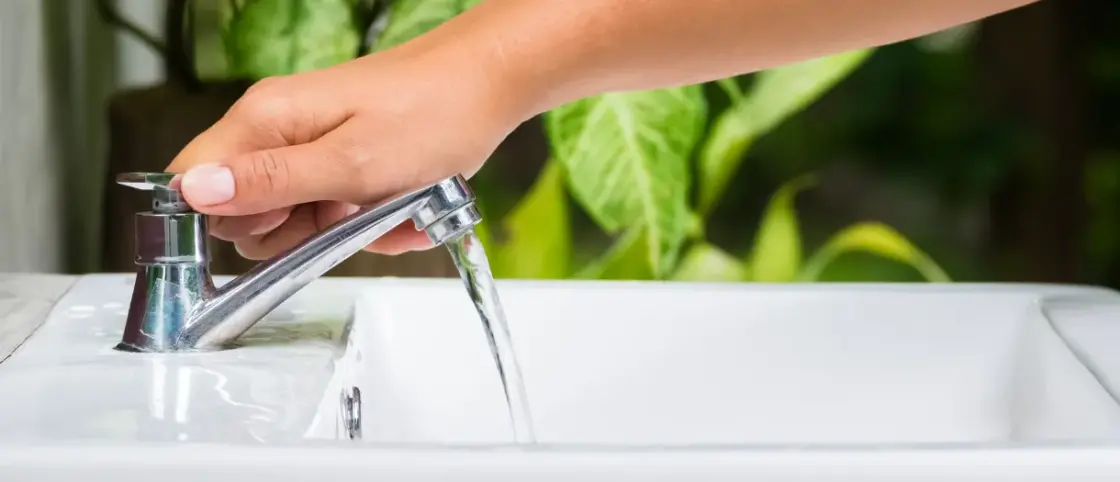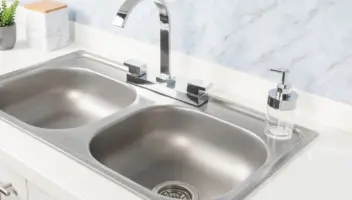City Water vs. Well Water: What’s Lurking in the Water You Drink

Unsure about the difference between city and well water? If your municipality maintains your home’s water, you have city water. While if you’re responsible for maintaining your water quality, you’re drinking from a water well on your property. Both water sources are comparable and, when treated safely, healthy to use and consume. But it’s essential to know what could be in the water you and your family drink.
City Water vs. Well Water
City Water and Its Common Contaminants
You have city water if you receive a water bill for your home. City water is maintained by your municipality and treated to meet Environmental Protection Agency (EPA) guidelines. However, it may still contain undetected contaminants and suspended solids.
Treated city water may contain chemicals and metals such as:
- chlorine
- chloramines
- fluoride
- bacteria
- lead
- mercury
- sediments
- and other suspended solids
While most of these contaminants pose little risk to humans, some can harm your family’s health. The best way to know what is in your home water supply is to conduct a home water test. Then you can install an in-home water treatment system that fits your needs. The treatment system will add an extra line of defense against chemicals that may seep into city water while traveling from the processing facility to your home.
Ensuring Quality Well Water
Well water comes from private wells, usually on a homeowner’s property. Unlike city water, where the municipality is responsible for water quality, well water involves more work from the homeowner. To keep your family safe, homeowners with well water must proactively test and address water quality issues to ensure water is safe to drink.
The first step in ensuring your home has quality drinking water is to understand what may be lurking inside. Well water comes from a local groundwater supply. Our experts often find contaminants in private wells and aquifers, including:
- iron
- manganese
- hydrogen sulfide
- organic matter
- and other chemicals
Since private wells are not protected by the same EPA guidelines as city water, it is your responsibility to ensure you’re drinking the best water straight from the tap. With a point-of-use or a whole-home treatment system, your family will enjoy an extra line of defense against contaminants that may seep into your well’s groundwater.
Next Steps to Safe Drinking Water
Keeping your family safe is the most important thing. With an in-home water treatment system, no matter your drinking water source, you can find peace of mind in knowing your family is getting the best quality water, free of harmful chemicals and contaminants. Schedule a free in-home water test and never wonder again about what your family might be consuming.


